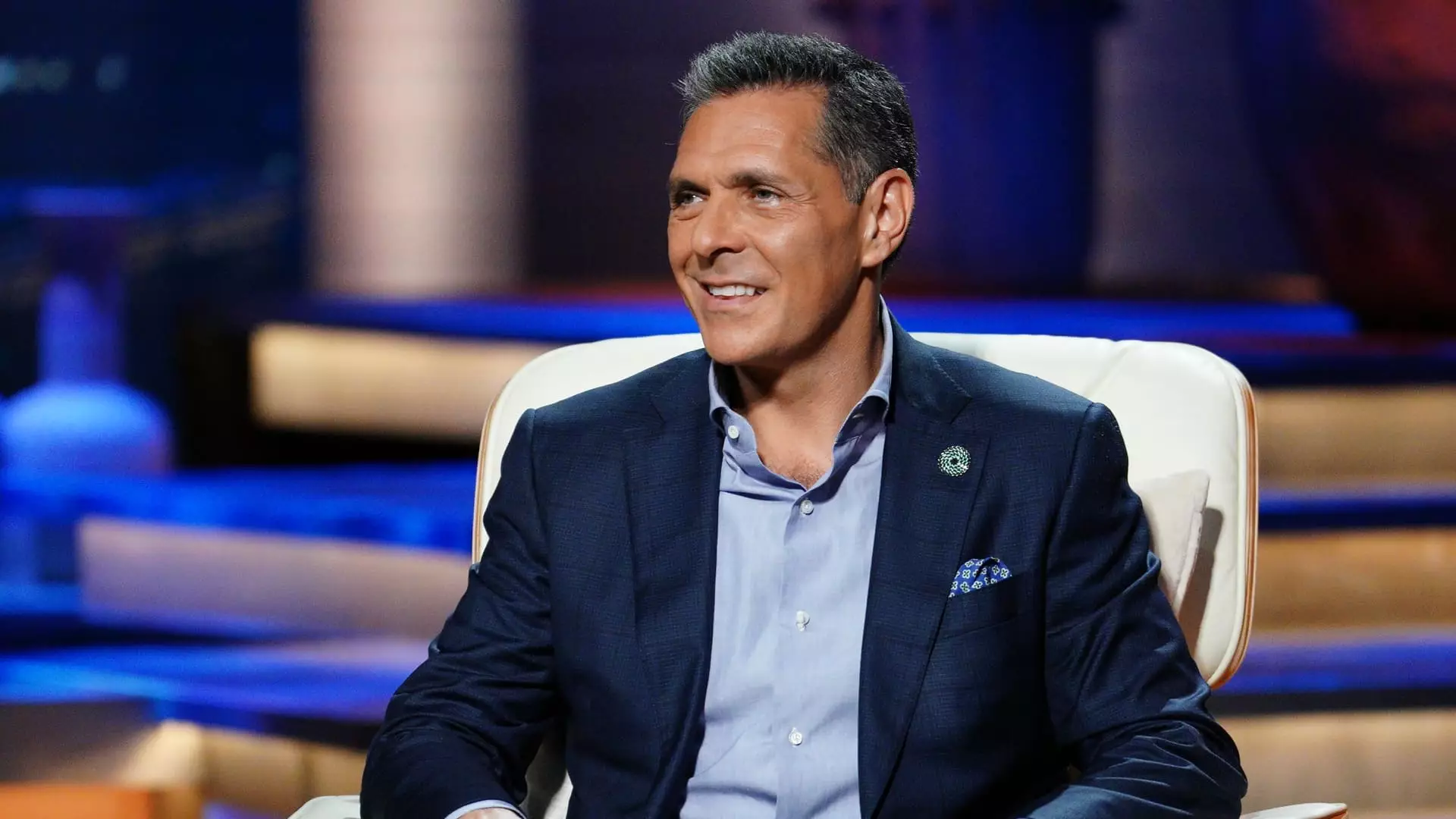Daniel Lubetzky, a name synonymous with the ubiquitous Kind snack bars, has crafted a financial empire rooted in health-conscious indulgence. His approach to wealth building goes beyond mere commerce—it’s a vision that intertwines social impact with savvy entrepreneurship. After selling a majority stake in Kind Snacks to Mars in 2020, Lubetzky stepped into a realm that many would consider ripe for disruption: the expansive landscape of consumer goods, health, and wellness. The transition from a snack bar visionary to a multifaceted investor highlights an underlying principle: entrepreneurship isn’t only about making a profit; it’s also about shaping societal values.
Transforming Wealth through Family Offices
At the heart of this transformation lies Lubetzky’s family office, Camino Partners, launched in 2023. But what exactly is a family office? These exclusive entities serve as a wealth management system for ultra-high-net-worth individuals, allowing them to invest in diverse sectors under a singular umbrella. This model isn’t novel but is experiencing an invigorating renaissance as entrepreneurs expand beyond their initial domains. A remarkable statistic reveals that more than 100 family offices have emerged from food and beverage fortunes alone. This proliferation indicates a trend where wealth is not merely a legacy but a platform for innovation and social change.
Investing in Longevity: A Natural Evolution
Camino’s latest focus on longevity stands as a testament to evolving consumer demands and a broader awareness of lifestyle choices. Elle Lanning, President of Camino, articulates a salient point: “Consumer health typically starts with an education wave and then an availability wave.” The emphasis on longevity isn’t simply a fad; it reflects a deeper societal shift towards sustainable living. By investing in physical fitness with ventures like Barry’s, Camino asserts that nutrition’s influence isn’t limited to what we consume, but extends into how we live.
While traditional investors may shy away from uncertainty, Lubetzky’s pivot to established businesses marks a pragmatic strategy. Initially, his inclination was to nurture fledgling startups, revealing a genuine excitement for fostering new ideas. Yet, as Lanning wisely advised him, early-stage investing is fraught with potential pitfalls. This realization embodies the delicate balance between ambition and pragmatism that successful investors must master—a trait that Lubetzky seems to embody, albeit reluctantly.
A Broader Portfolio: From Snacks to Aerospace
The willingness to expand beyond consumer goods is where Lubetzky’s strategy becomes particularly fascinating. Investing in sectors like aerospace and deep tech indicates a willingness to embrace risk in search of innovation. The need for expertise in these unfamiliar fields underscores a principle often overlooked in entrepreneurial circles: collaboration is key. By leveraging fund managers, Lubetzky diversifies his portfolio without becoming mired in areas where he may lack that crucial depth of knowledge.
This approach not only mitigates risks but also empowers those in the industry who are equipped to navigate these complex terrains. It isn’t merely about the bottom line; it’s about creating a ripple effect that extends beyond one’s own ventures. Lubetzky’s earnest commitment to uplift others, reflected in his investment choices, encourages a more holistic view of wealth and success.
The Ethical Investor’s Dilemma
Yet, in an industry rife with moral ambiguity, ethical considerations often clash with profit motives. Family offices like Camino operate at the intriguing intersection of social responsibility and financial success, raising questions about the true intent behind investment decisions. While many investors wrestle with the duality of creating wealth while attempting to do good, Lubetzky appears to lean more decisively towards initiatives that enhance community wellness and sustainability. His choices reflect a belief that ethical investing is not just an obligation but a pathway to innovation and growth.
This perspective places Lubetzky in a favorable light among the rising class of ethically-minded investors. However, the question remains: can one genuinely align profit motives with altruistic intentions? As family offices continue to rise in influence, the scrutiny will intensify on whether they can truly achieve a balance between societal impact and financial success.
In this convoluted world of wealth, Lubetzky stands as a beacon of possibility—a figure challenging conventional paradigms by embedding ethical considerations into his entrepreneurial framework. What remains to be seen is whether this model can inspire others or if it will simply remain an admirable anomaly in the financial landscape.

